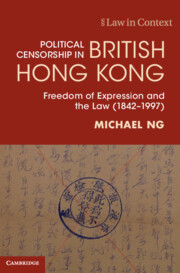The persistent use of neurasthenia in Asia, an out-dated diagnostic category in modern psychiatry, has confounded many psychiatrists from the 1960s. This paper attempts to understand the prevalence of neurasthenia among the lay public in post-World War II Hong Kong. It examines the social history of psychiatry and focuses on the roles of traditional Chinese medicine in shaping public perceptions and responses towards neurasthenia. This research reveals that, when psychiatrists discarded the term as an ineffective label in the 1950s, practitioners and pharmaceutical companies of Chinese medicine seized on the chance to reinvent themselves as experts in neurasthenia. By commericialising everyday distress, they provided affordable, accessible and culturally familiar healing options to the Chinese public. A case study of neurasthenia, therefore, is not simply about changing disease categories but an important example to illustrate the tensions between traditional medicine and Western psychiatry in Asia.
